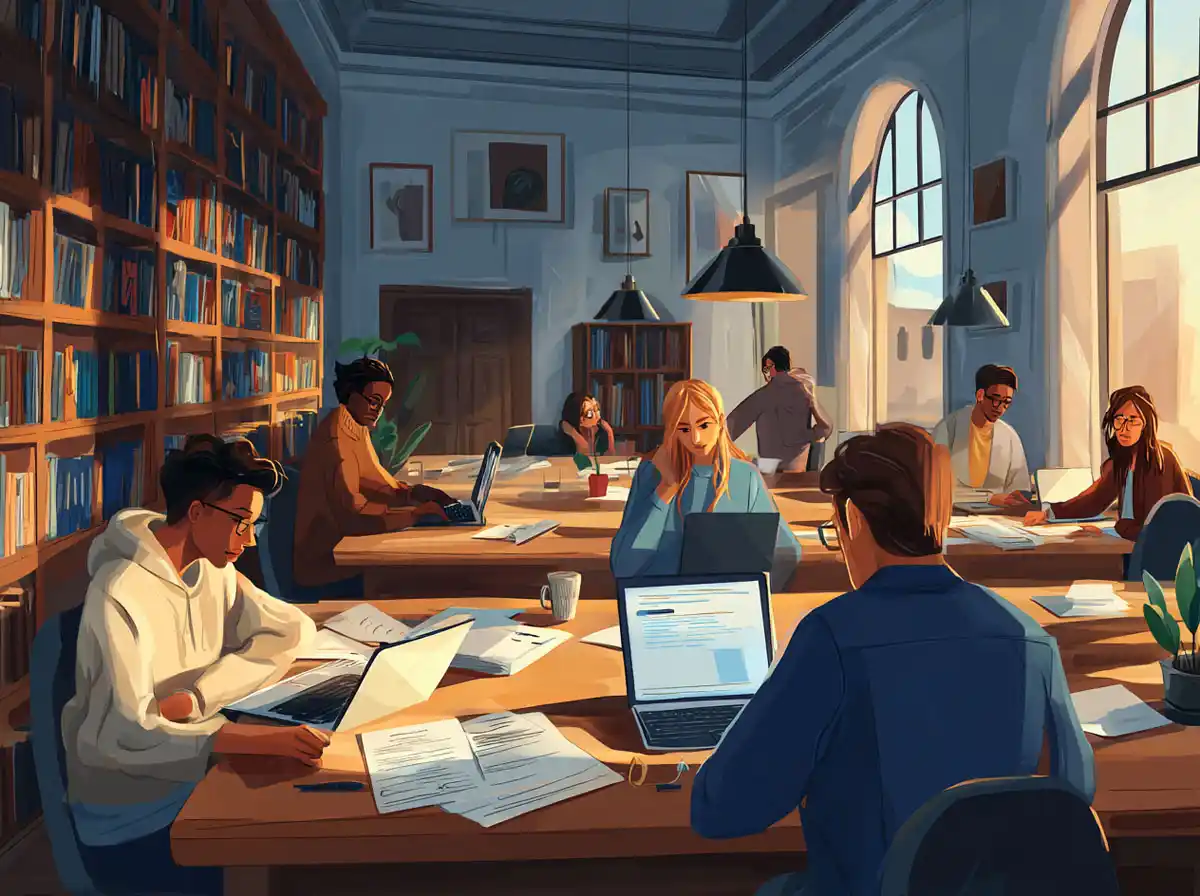Unregelmäßige Verben – Simple Past
2. She *saw* a nice movie last weekend. (Hinweis: Simple Past von „see“ – die Vergangenheitsform ist „saw“.)
3. My father *gave* me a present for my birthday. (Hinweis: Simple Past von „give“ – Past ist „gave“.)
4. They *ate* dinner at 7 p.m. (Hinweis: Simple Past von „eat“ – Vergangenheitsform ist „ate“.)
5. We *had* a lot of fun at the party. (Hinweis: Simple Past von „have“ – die Form ist „had“.)
6. He *took* a photo of the mountains. (Hinweis: Simple Past von „take“ – „nahm“ wird mit „took“ gebildet.)
7. The dog *ran* very fast. (Hinweis: Simple Past von „run“ – „rannte“ wird mit „ran“ gebildet.)
8. She *wrote* a letter to her friend. (Hinweis: Simple Past von „write“ – „schrieb“ wird mit „wrote“ gebildet.)
9. Paul *found* a wallet in the street. (Hinweis: Simple Past von „find“ – „fand“ wird zu „found“.)
10. We *came* home very late. (Hinweis: Simple Past von „come“ – „kamen“ wird zu „came“.)
Unregelmäßige Verben – Past Participle
2. I have never *seen* such a big elephant. (Hinweis: Past Participle von „see“ ist „seen“.)
3. They have *given* me good advice. (Hinweis: Past Participle von „give“ ist „given“.)
4. We have *eaten* all the pizza. (Hinweis: Past Participle von „eat“ ist „eaten“.)
5. He has *had* a nice holiday. (Hinweis: Past Participle von „have“ ist „had“ – gleich wie im Simple Past.)
6. She has *taken* many photos. (Hinweis: Past Participle von „take“ ist „taken“.)
7. The children have *run* in the park. (Hinweis: Past Participle von „run“ ist „run“ – Form bleibt gleich, Aussprache anders.)
8. I have *written* a story. (Hinweis: Past Participle von „write“ ist „written“.)
9. Paul has *found* his keys. (Hinweis: Past Participle von „find“ ist „found“ – wie im Simple Past.)
10. They have *come* to school early. (Hinweis: Past Participle von „come“ ist „come“ – wie die Grundform, Aussprache beachten.)










